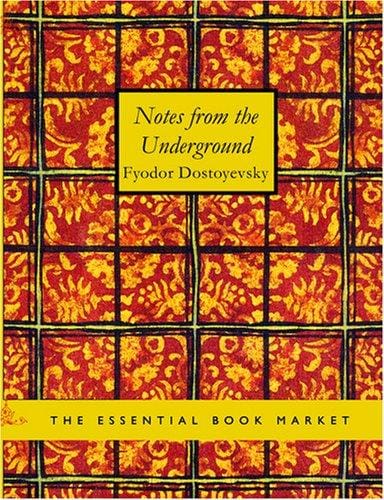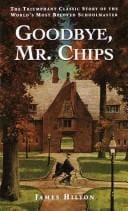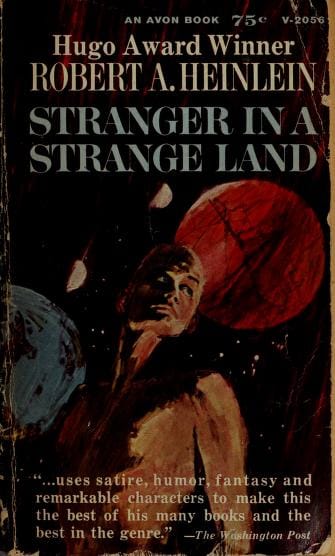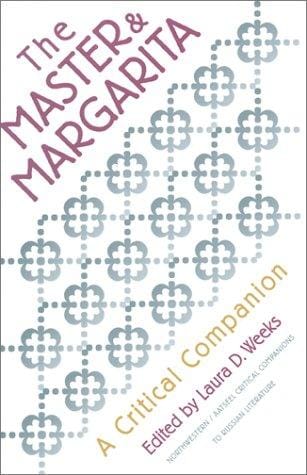Dead Souls: Nikolai Gogol’s Darkly Comic Journey Through Russia
Discover Gogol’s Dead Souls: a darkly comic journey through serf-era Russia that skewers greed, hypocrisy, and the commodification of human life.
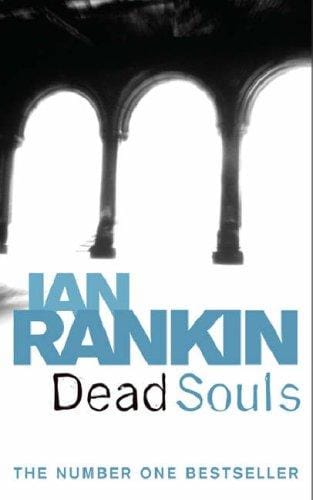
Introduction to Dead Souls
When Nikolai Gogol published the first part of Dead Souls in 1842, he announced a new kind of Russian prose: biting satire packed into an almost folkloric road narrative. The novel, planned as a modern "Divine Comedy," follows the conniving Pavel Ivanovich Chichikov as he travels from estate to estate buying the titles of deceased serfs — the “dead souls” of the title — to inflate his social standing. Gogol’s mix of absurd humor, moral indictment, and vivid provincial detail makes Dead Souls both a cornerstone of Russian literature and a timeless exploration of human vanity.
Plot Overview
The novel opens with Chichikov arriving in a nameless provincial town. Charming, well-dressed, and unfailingly polite, he quickly wins over local officials and landowners. His scheme is deceptively simple: because census records are updated infrequently, landowners are still taxed for peasants who have died since the last tally. Chichikov offers to purchase these “souls,” relieving owners of a financial burden while amassing collateral he can mortgage for a government loan. Over a series of episodic visits — each rendered with comic zest — he negotiates with characters ranging from the miserly Sobakevich to the dreamy Manilov and the explosive Nozdryov.
Gogol never completed the projected second and third volumes, but even the extant text charts Chichikov’s rise and tumble. As rumors swirl, the town’s polite veneer dissolves into gossip, suspicion, and bureaucratic panic. Finally unmasked, Chichikov flees, his carriage kicking up the dusty road to yet another district, leaving readers to ponder whether redemption or repetition lies ahead.
Major Characters
Pavel Ivanovich Chichikov
Neither hero nor outright villain, Chichikov is an opportunist shaped by a corrupt society. His flexible morality, ingratiating manners, and vague background make him a mirror in which every other character’s flaws shimmer.
Manilov
An affable dreamer, Manilov embodies idle sentimentality. He agrees to sell dead souls out of polite enthusiasm, pondering pastel-colored bridges that will never be built.
Sobakevich
Solid as an oak wardrobe, Sobakevich personifies crass materialism. He values every kopek and every peasant, dead or alive, driving a hard bargain that unnerves Chichikov.
Nozdryov
The boisterous gambler Nozdryov is chaos incarnate. He cheats at cards, exaggerates shamelessly, and almost derails Chichikov’s plan through sheer unpredictable energy.
Korobochka
A cautious widow whose name hints at a “little box,” Korobochka clings to tradition and mistrusts Chichikov’s modern wheeling and dealing.
Themes That Keep Dead Souls Alive
The Commodity of Human Life
Gogol literalizes the notion of people as property. By turning dead serfs into tradable assets, he exposes the dehumanizing gears of serfdom and capitalism alike. The grotesque commerce forces readers to ask: what is a soul worth when society prices everything?
Social Hypocrisy
The novel’s provincial setting is populated by officials who mouth pieties while pilfering coffers, landowners who preach virtue while exploiting labor, and gossips who weaponize rumor. Gogol lampoons the gap between public façade and private self-interest, a gap that continues to resonate in any bureaucracy.
The Russian Road
Chichikov’s carriage wheels across endless roads, a metaphor for spiritual wandering. The road suggests possibility yet also signals Russia’s vast inertia; characters move, but rarely advance.
Style and Genre
Dead Souls blends picaresque adventure, social satire, and proto-surreal imagery. Gogol’s narrator shifts from mock-heroic grandeur to intimate conspiratorial whispers, often breaking the fourth wall to address “gentle readers.” His infamous digressions — rhapsodies about a troika or lampoons of bureaucratic paperwork — thicken the texture of the text, creating a mosaic of voices and moods.
Historical Context
Written two decades before the 1861 emancipation of the serfs, Dead Souls captures the moral twilight of Russia’s feudal order. Gogol drew on real economic absurdities; census updates were costly and rare, making “dead souls” a bureaucratic glitch ripe for exploitation. Contemporary readers sensed the novel’s implicit critique: a society measured in souls yet blind to spiritual value teetered toward collapse.
Influence and Legacy
Dead Souls signaled a developmental leap for Russian fiction, paving the way for Dostoevsky, Tolstoy, and even Kafka. Dostoevsky called Gogol “the father of Russian realism,” yet the novel’s skein of grotesque imagery also foreshadows modern absurdism. Politically, Dead Souls fed debates about serfdom and state reform. Literarily, it furnished a template for anti-heroes whose shrewd survival skills expose systemic rot.
Internationally, translators from Constance Garnett to Richard Pevear and Larissa Volokhonsky have kept the novel in print. The phrase “dead soul” has entered global vocabulary, evoking anyone alienated from ethical vitality, whether in corporate boardrooms or online echo chambers.
Why Read Dead Souls Today?
Beyond its historical intrigue, Dead Souls offers readers a funhouse mirror that still reflects familiar distortions: predatory finance schemes, performative civility, and institutions that treat people as data points. Gogol’s humour tempers the darkness, making moral insight palatable through laughter. The novel rewards multiple readings — once for the plot’s comic swerves, again for the psychological subtleties, and yet again for the rhythmic music of Gogol’s prose.
Conclusion
Dead Souls endures because it addresses the perennial tension between the measurable and the immeasurable in human life. Gogol’s Russia may seem distant, but his gallery of hustlers, dreamers, and bystanders remains disconcertingly close. Whether you approach the novel as social critique, picaresque romp, or spiritual allegory, one truth emerges: as long as society tallies souls on ledgers instead of listening to consciences, Chichikov’s carriage will keep rolling down the road.
